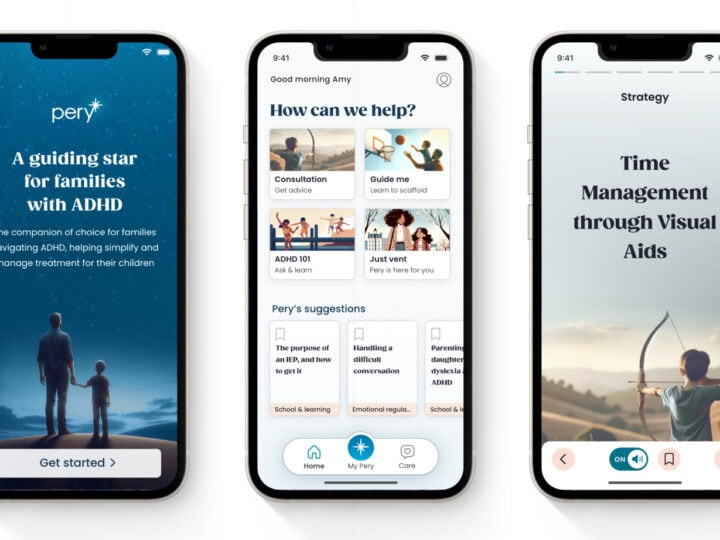A retrospective Israeli-Polish study set out to understand why the age at which adolescents begin developing the signs of sexual maturation is so greatly variable.
They found that puberty is linked to the gap between the child’s height (as measured in percentiles) and his or her expected final adult height (as measured by the parents’ percentiles of height).
“Our findings mean that the age a child reaches puberty is not set genetically,” said pediatric endocrinologist Dr. Yehuda Limony, lead author and a member of the Faculty of Health Sciences at Ben-Gurion University of the Negev.
“Rather, the body responds to the child’s individual growth needs. When a ‘tall’ child appears headed for an adult height that would make him much taller than his parents, he may hit puberty earlier than his peers in order to stop the growth process earlier and ensure that his final (adult) height is in the ‘target’ range,” said Limony.
“The opposite is also true: ‘Short’ children — as compared to their parents — do not hit puberty until later than the population average because the body is giving the child extra time to grow, in order to reach his or her parents’ height.”
The study, published in the PLOS ONE journal, was co-authored by BGU public health professor Michael Friger and Slawomir Koziel from the Polish Academy of Sciences in Wrocław.
The researchers focused on two separate groups of Polish and Israeli children. The Polish group comprised 335 children (162 girls) from nine randomly selected Wroclaw elementary schools. They were followed prospectively at annual intervals from age 8 years until age 18 years (boys) and 17 years (girls) from 1961 to 1972.
The Israeli group comprised 170 children (60 girls) who had been referred to an endocrinology clinic in southern Israel from 2004 to 2015 because of below-average stature or early or late puberty. The children and their parents were measured using a wall-mounted stadiometer and the children were measured periodically over a period of 18 months.
Limony said use of the new model “will reduce the use of unnecessary diagnostic procedures while also explaining the emergence of early- or late-onset puberty.”
















